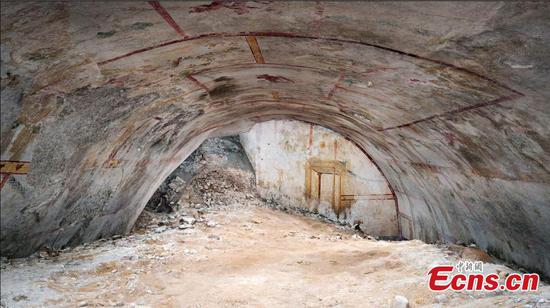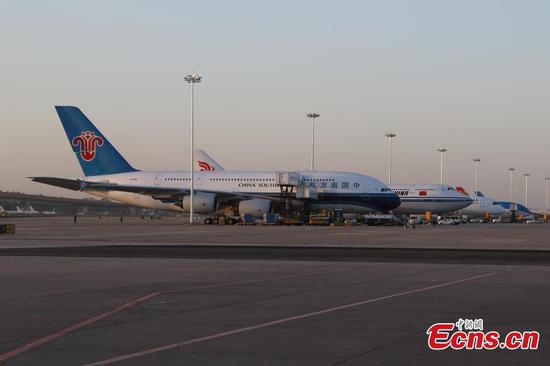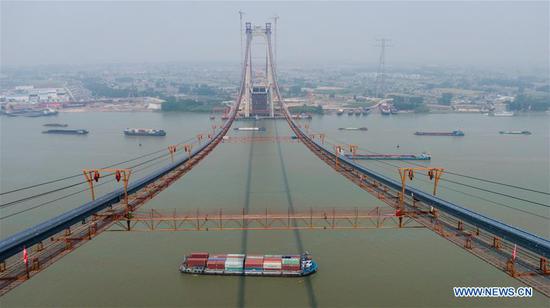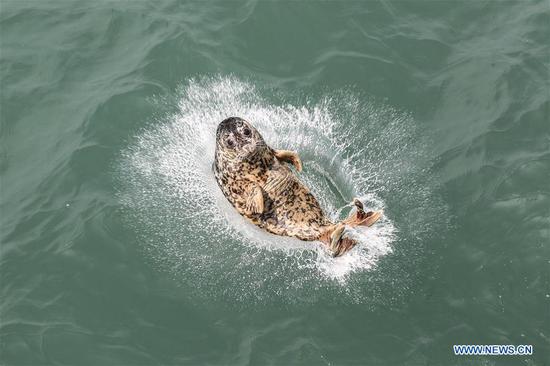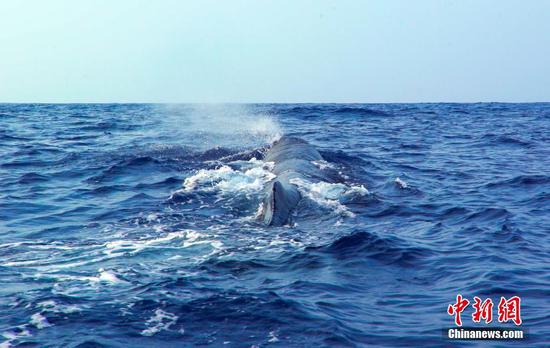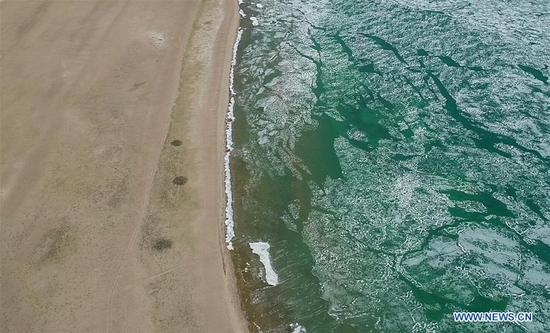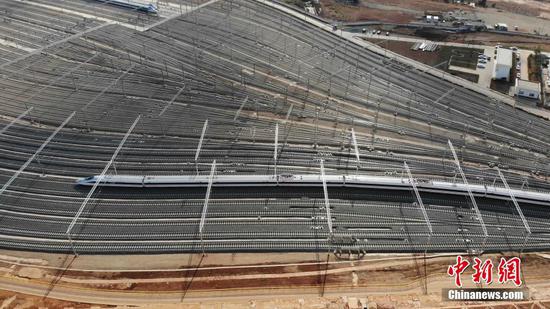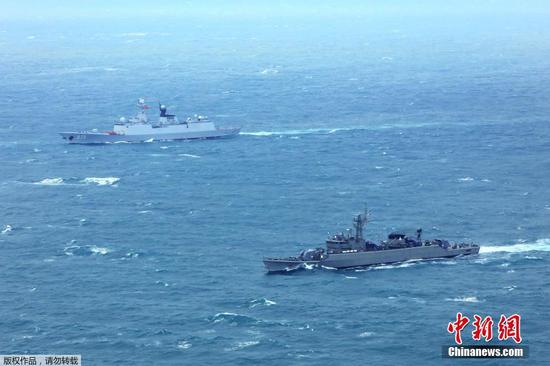Britain must decide on extradition as WikiLeaks co-founder denies charges
Swedish prosecutors have reopened an investigation into a rape allegation made against Wiki-Leaks co-founder Julian Assange, who is currently being held in Belmarsh jail in London.
The decision means Sajid Javid, the British home secretary, may have to decide whether to extradite Assange to Sweden or to the United States, where he is wanted on suspicion of hacking into a Pentagon computer.
Javid likely will take the final decision on which request has priority.
Swedish prosecutors originally decided to drop the rape investigation two years ago, saying they felt unable to take the case forward while Assange remained inside the Ecuadorean embassy in London, but there is now a realistic prospect of bringing the case to a conclusion. The inquiry has been revived at the request of the alleged victim's lawyer.
Assange has avoided extradition to Sweden for seven years after seeking refuge at the Ecuadorean embassy in 2012.
The 47-year-old, who denies the charges first made in August 2010, was evicted last month and was subsequently sentenced to 50 weeks in jail for breaching his bail conditions.
"I have today decided to reopen the investigation," Sweden's deputy director of public prosecutions, Eva-Marie Persson, announced on Monday.
"There is still probable cause to suspect that Mr Assange committed rape."
She added: "It is my assessment that a new questioning of Assange is required.
"Julian Assange has been convicted of a crime in the United Kingdom and will serve 25 weeks of his sentence before he can be released, according to information from UK authorities.
"To be able to execute a detention order, the prosecutor will issue a European Arrest Warrant."
Persson said the UK authorities will then decide on which extradition request to follow if both Sweden and the US make requests.
A British judge has given the US government a deadline of June 12 to outline its case against Assange, Reuters reported.
His expected extradition has set in motion what could prove to be the most important free speech and free press case in UK history.
US seeks extradition
The US wants to extradite Assange from the UK over his alleged role in the release of classified military and diplomatic material in 2010.
Australian-born Assange faces a charge of conspiracy to commit computer intrusion in the US. He is accused of participating in one of the largest ever leaks of government secrets, which could result in a prison term of up to five years.
The US indictment alleges that in March 2010, Assange engaged in a conspiracy with Chelsea Manning, a former intelligence analyst in the US Army, to assist Manning in cracking a password stored on US Department of Defense computers.
By alleging that Assange was given a password and helped set up a cloud for Manning to share the data, the US government is charging him not with the distribution of the material but actively participating in its theft.
In a statement, WikiLeaks said the reopening of the Sweden case would "give (Assange) a chance to clear his name".
"There has been considerable political pressure on Sweden to reopen their investigation, but there has always been political pressure surrounding this case," WikiLeaks' editor-in-chief, Kristinn Hrafnsson, said in a statement.
Nick Vamos, former head of extradition at the Crown Prosecution Service, told Reuters that the UK proceedings should not take more than 18 months.
"Everybody can challenge an extradition request on the basis it would be contrary to their human rights for them to be extradited," Vamos said.
He said Assange may be able to argue that his likely treatment in the US prison system would breach his human rights and that could not receive a fair trial due to his notoriety and links to political scandals.
Assange was accused of rape and other sexual offenses against two women following a Wiki-Leaks conference in Stockholm in 2010. He has always denied the allegations, saying the sex was consensual.


















